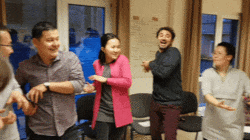
The pedagogical approach of this programme is based on the previous experience of the partners, the success of previous programmes we used, but also recent research that the team did on the manifestations and perceptions of young people with respect to gender equality.
At the core of the pedagogical approach lies a model developed by Louise Derman-Sparks for being used in anti-bias education. As a preschool teacher at the Perry Preschool Project, child-care centre director, human development faculty member at Pacific Oaks College, and activist, Louise Derman-Sparks has worked for over 50 years on issues of diversity and social justice. She is author and co-author of several articles and books, including “Anti-Bias Education for Young Children and Ourselves”, and “What if All the Kids are White? Anti-Bias/Multicultural Education for Young Children and Families”.
E.P.T.O. network members have used this model with thousands of youngsters from Europe and beyond by implementing the "A world of difference" programme. Developed by the Anti-Defamation League in the United States of America, the programme provides resources that youth-workers can use to help participants:
- Recognize bias and the harm it inflicts on individuals and society
- Build understanding of the value and benefits of diversity
- Improve intergroup relations
- Confront racism, anti-Semitism and all other forms of bigotry
The programme also incorporates the experience of the Y-Peer Network programmes and experiences in dealing with gender-based discrimination. In cooperation with the United Nations Population Fund and the United Nations Entity for Gender Equality and the Empowerment of Women, Y-Peer organisations have used peer education with thousands of young people for promoting sexual and reproductive health, gender equality and for empowering women and girls in the realization of their rights.
Following extensive research on the topic of gender equality, the partners identified a set of key topics to be approached, in order to ensure a significant and durable transformation of the beneficiaries. Among these, we count:
- Stereotypes about the roles of women and men in society
- Different levels/forms of discrimination: institutional, societal (ideology), interpersonal and intrapersonal.
- Differences between sex and gender and the misrepresentation of reality that the binary view on gender is producing
- Women and the labour market (including the pay and pensions gap between women and men, differences in the participation of females and males to the labour market, male/female specific jobs, sexual harassment, interruption of careers, differences in occupation rates, working hours, paid and unpaid work, number of managers belonging to each gender, etc.)
- Women and political participation (including differences in elected women vs. elected men, participation in governance, etc.)
- Women and education (including specific forms of discrimination in accessing high or professional education, pressure for specific schooling options considered more “appropriate” for each gender, etc.)
- Gender roles in the family/couple (including family roles, decision making, work distribution, inequality on property possessing, violation of rights of a child custody, predominant position of males in relationship with girls/women, household chores,
- Gender based violence/domestic violence (in all forms, including physical and/or sexual violence, psychological violence, sexual harassment, stalking, violation of rights to choose a marriage partner, bridal kidnapping, street harassment, polygamy, early and forced marriages, victim blaming, cyber-violence/harassment)
- Sexist language and discrimination embedded in language (terms, phrases or idioms that create discrimination, differentiation or gender categorization)
- Support for victims of gender based discrimination (information from the police, information about security/crime prevention, practical help, someone to talk to/moral support, help with insurance/compensation claim, protection from further victimisation/harassment, help in reporting the incident/dealing with the police, medical help, financial support, legal service, women’s shelter, victim support organisation, other social services)
The pedagogical approach is designed as a learning journey, with several steps to achieve and for each of the steps with several methods that, facilitated by the peer trainers, create the experiences that can be used to develop the necessary competencies of the participants.






 Гэты твор твор даступны на ўмовах
Гэты твор твор даступны на ўмовах